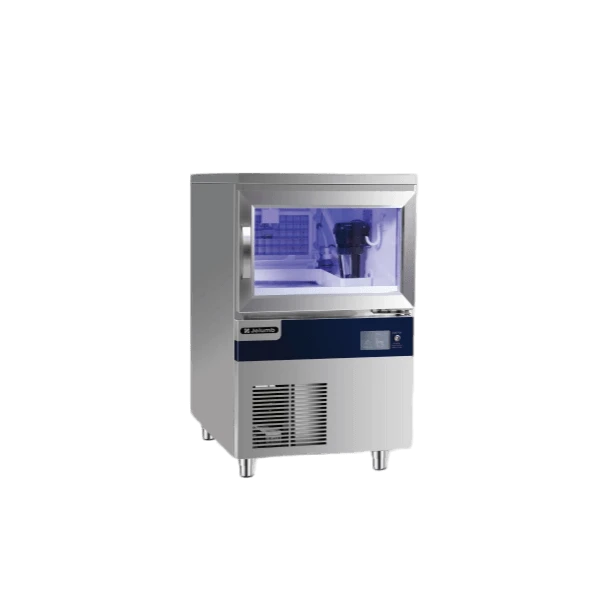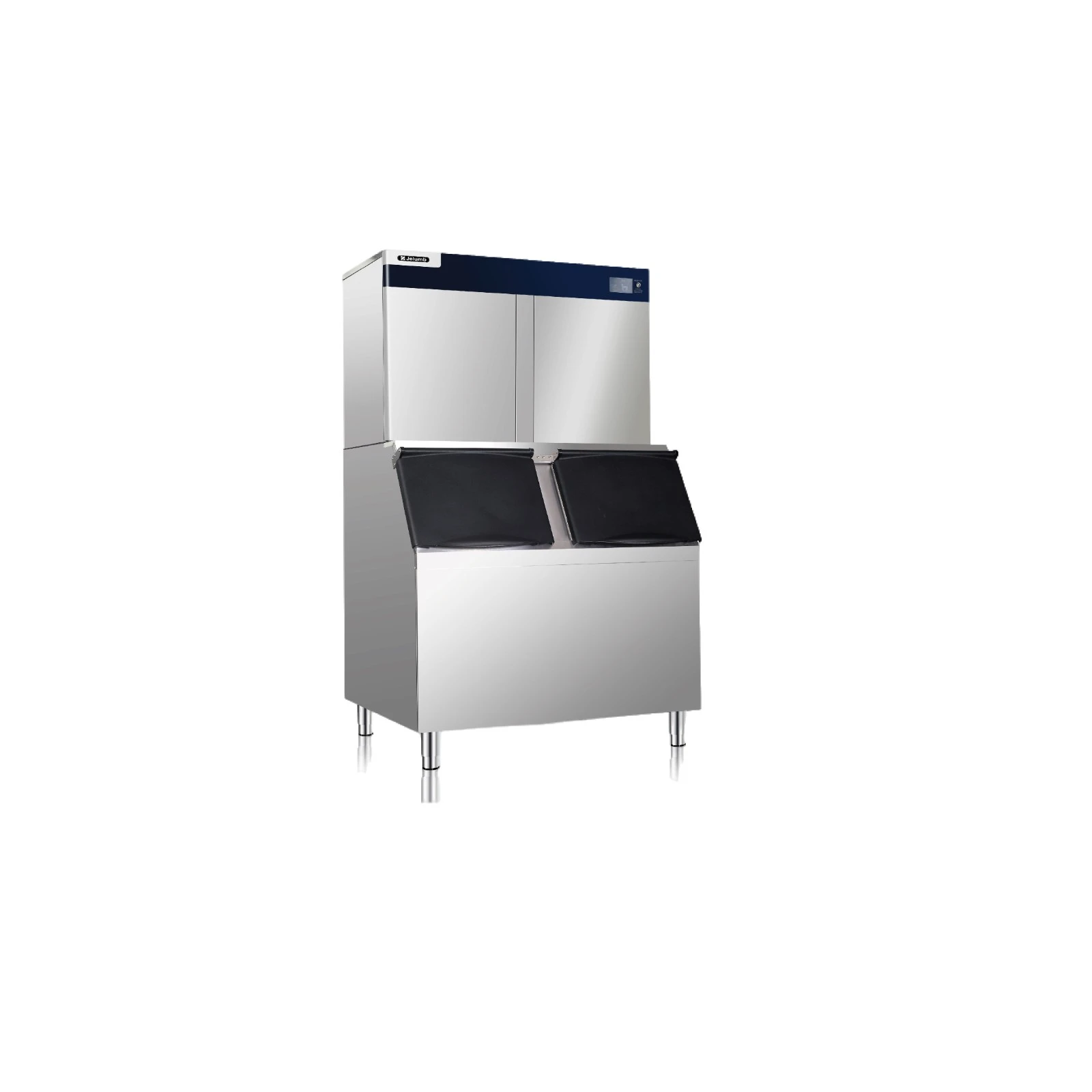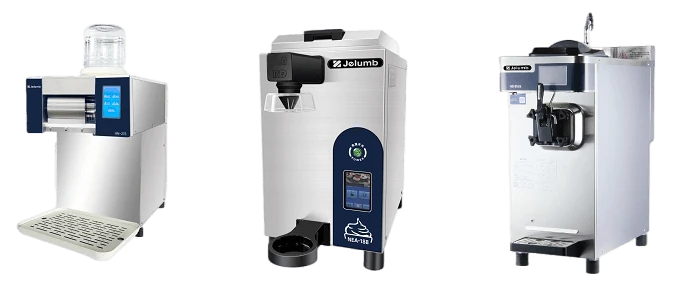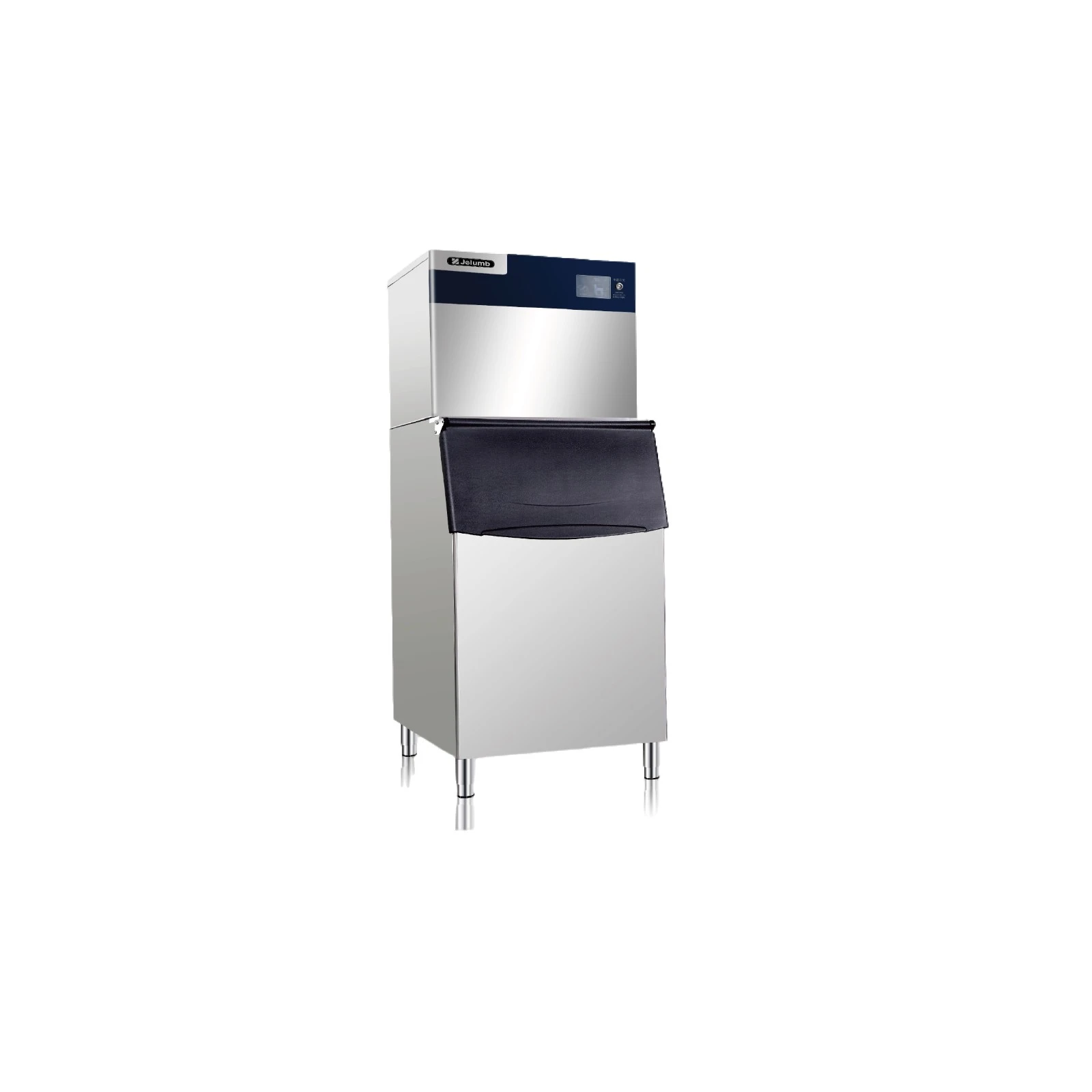The Impact of Industrial Ice Machines on Environmental Conservation
In recent years, industrial ice machines have become an essential part of various industries, ranging from food processing and fisheries to healthcare and construction. These machines, while indispensable for their functionality, also raise significant concerns about their environmental impact. As the demand for industrial ice machines continues to grow, companies like JELUMB Refrigeration Equipment (Shanghai) Co., Ltd (hereafter referred to as JELUMB) are stepping up to address these concerns by innovating sustainable solutions. This article explores the environmental implications of industrial ice machines and highlights the efforts of JELUMB in promoting conservation and sustainability in this vital sector.
The Role of Industrial Ice Machines in Modern Industries
Industrial ice machines are designed to produce large quantities of ice for various applications. Their importance spans multiple sectors:

Food Processing: Ice is crucial in maintaining the freshness of perishable goods during processing, storage, and transportation.
Fisheries: Ice helps preserve seafood, ensuring it remains fresh from the point of catch to the consumer.
Healthcare: Hospitals and laboratories rely on ice for cooling purposes, blood storage, and other medical applications.
Construction: In hot climates, ice is used to cool concrete during the mixing process, ensuring structural integrity.
While these applications underscore the importance of industrial ice machines, their widespread use also poses challenges, particularly in terms of energy consumption and environmental impact.
Environmental Concerns Associated with Industrial Ice Machines
Industrial ice machines, like many other industrial systems, can have adverse environmental effects if not managed properly. These concerns are primarily centered around three key areas:
Square Ice Maker HD-105
Bingsu Ice Maker HS-1100
Bingsu Ice Maker HS-240
HN-185 Snow Ice Machine
HN-225 Snow Ice Machine
Semicircle Ice Maker HM-300
Semicircle Ice Maker HM-550
1. High Energy Consumption
Ice machines require significant amounts of energy to operate, particularly in large-scale industrial settings. This high energy consumption contributes to increased greenhouse gas emissions, especially when the electricity is generated from fossil fuels.
2. Refrigerant Emissions
Many traditional ice machines use refrigerants that are potent greenhouse gases. If these refrigerants leak into the atmosphere, they can have a substantial impact on global warming. While regulations such as the Kigali Amendment to the Montreal Protocol aim to phase out harmful refrigerants, the transition to eco-friendly alternatives is still ongoing in many regions.
3. Water Usage and Waste
Industrial ice machines consume large quantities of water, which can strain local water resources, particularly in water-scarce regions. Additionally, inefficient systems can lead to significant water waste.
JELUMB’s Commitment to Environmental Conservation
As a leading manufacturer of industrial refrigeration equipment, JELUMB recognizes the importance of addressing these environmental challenges. The company has taken proactive steps to innovate and develop sustainable solutions in the field of industrial ice machines.
1. Energy-Efficient Designs
JELUMB has invested heavily in research and development to create energy-efficient ice machines. By incorporating advanced technologies such as variable-speed compressors and optimized heat exchange systems, JELUMB’s machines consume less energy while maintaining high performance. This not only reduces operational costs for users but also minimizes the carbon footprint of the machines.
2. Use of Eco-Friendly Refrigerants
In line with global efforts to phase out harmful refrigerants, JELUMB has transitioned to using environmentally friendly alternatives such as hydrofluoroolefins (HFOs) and natural refrigerants like ammonia and carbon dioxide. These refrigerants have lower global warming potential (GWP) and are less harmful to the environment.
3. Water Conservation Initiatives
Understanding the importance of water conservation, JELUMB has designed its ice machines to maximize water efficiency. Features such as water recycling systems and precise ice production controls ensure minimal water wastage during operation.
4. Renewable Energy Integration
JELUMB is exploring ways to integrate renewable energy sources, such as solar and wind power, into its ice machine operations. By leveraging renewable energy, the company aims to further reduce the environmental impact of its products.
Industry Trends and Innovations
The industrial refrigeration sector is undergoing a transformation, driven by advancements in technology and growing awareness of environmental issues. Some of the key trends and innovations shaping the industry include:
Smart Ice Machines: The integration of IoT (Internet of Things) technology allows for real-time monitoring and optimization of ice machine performance, resulting in improved efficiency and reduced environmental impact.
Modular Systems: Modular ice machines are gaining popularity for their scalability and energy efficiency. These systems allow users to adjust production capacity based on demand, reducing unnecessary energy consumption.
Lifecycle Assessments: Companies are increasingly conducting lifecycle assessments of their products to identify areas for improvement and minimize environmental impact across the entire supply chain.
JELUMB is at the forefront of these trends, leveraging its expertise and resources to drive innovation and sustainability in the industrial refrigeration sector.

The Importance of Collaboration
Addressing the environmental challenges associated with industrial ice machines requires collaboration among various stakeholders, including manufacturers, policymakers, and end-users. JELUMB actively engages with industry partners, government agencies, and environmental organizations to promote best practices and drive the adoption of sustainable technologies.
1. Policy Advocacy
JELUMB advocates for policies that support the transition to eco-friendly refrigerants and energy-efficient technologies. By working closely with regulatory bodies, the company aims to create a conducive environment for sustainable innovation.
2. Customer Education
JELUMB places a strong emphasis on educating its customers about the environmental impact of their operations and the benefits of adopting sustainable practices. Through training programs, workshops, and informational resources, the company empowers its clients to make informed decisions.
Conclusion
Industrial ice machines play a critical role in modern industries, but their environmental impact cannot be ignored. Companies like JELUMB are leading the way in addressing these challenges by developing energy-efficient, water-conserving, and eco-friendly solutions. As the industry continues to evolve, it is imperative for all stakeholders to prioritize sustainability and work together to achieve a greener future.
By embracing innovation and collaboration, JELUMB and other forward-thinking companies are not only meeting the needs of their customers but also contributing to the global effort to combat climate change and protect our planet for future generations.

 EN▼
EN▼ CN
CN FR
FR IT
IT KR
KR


Leave a comment